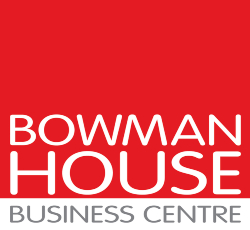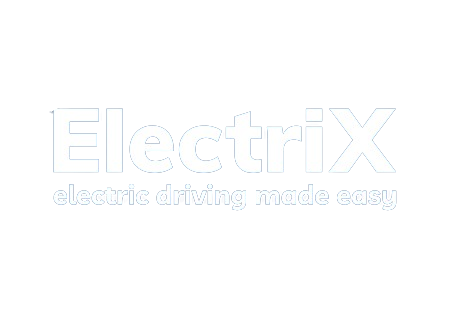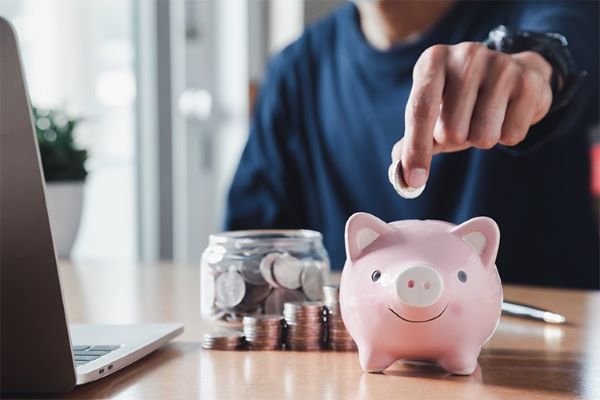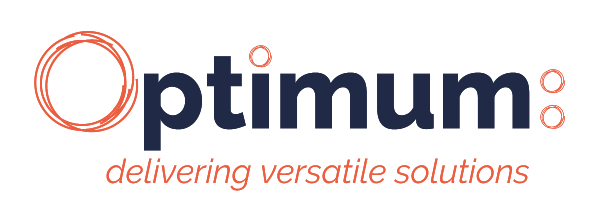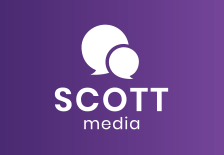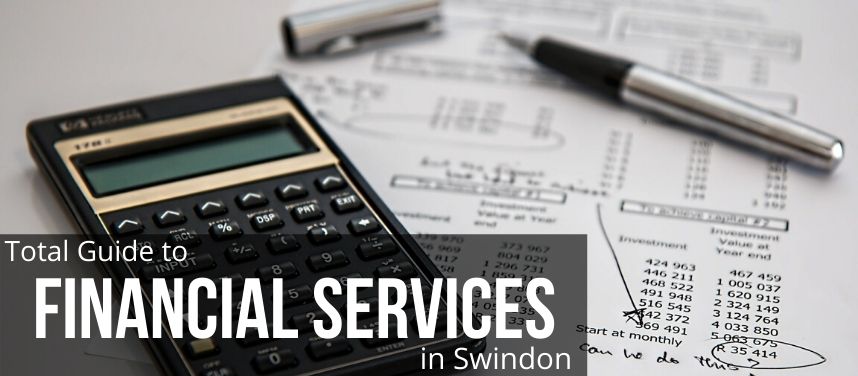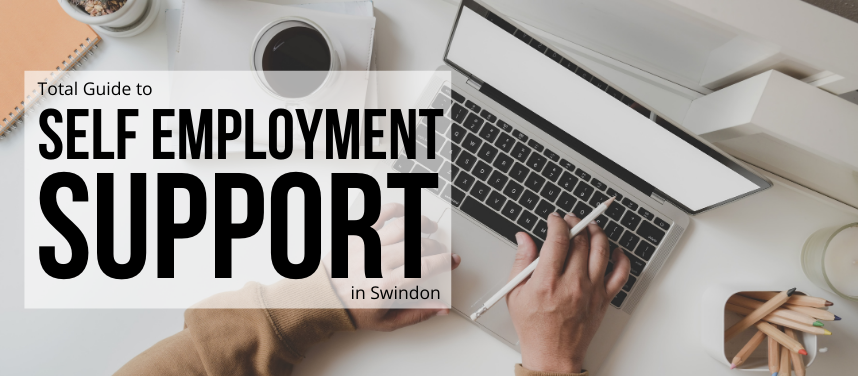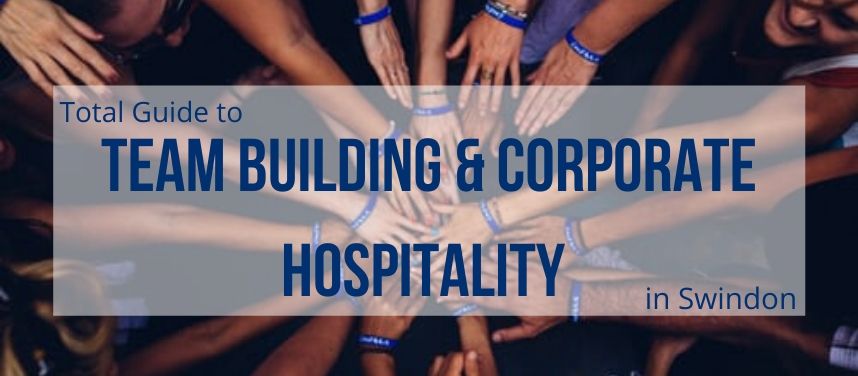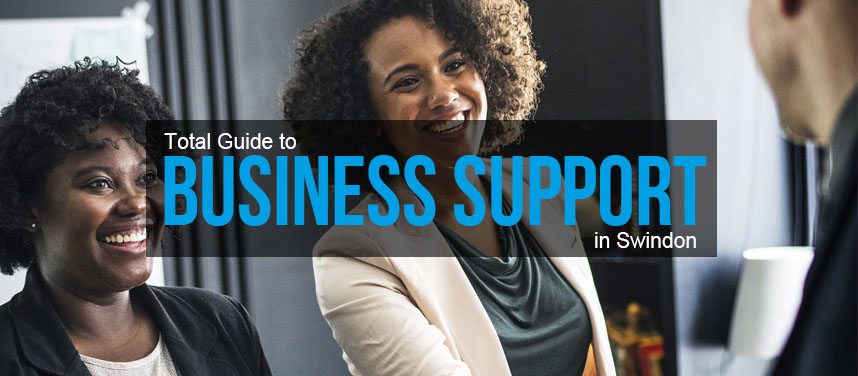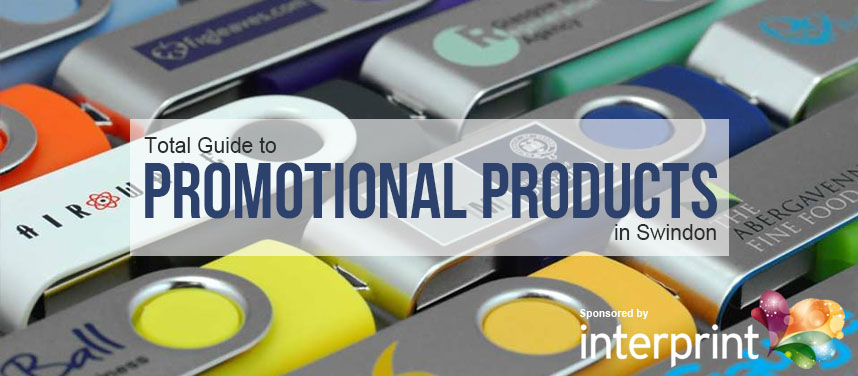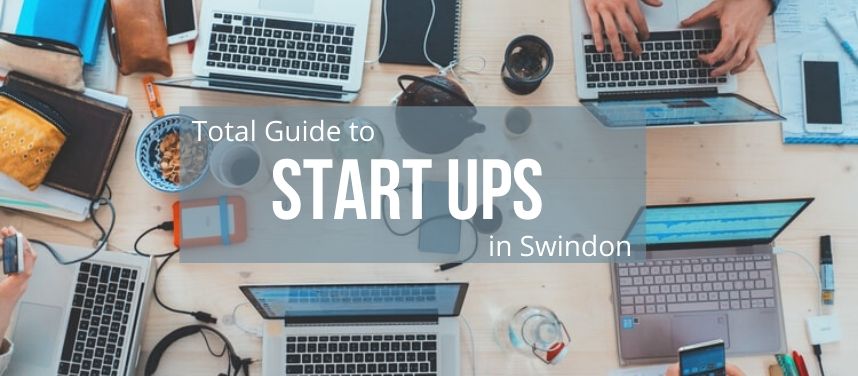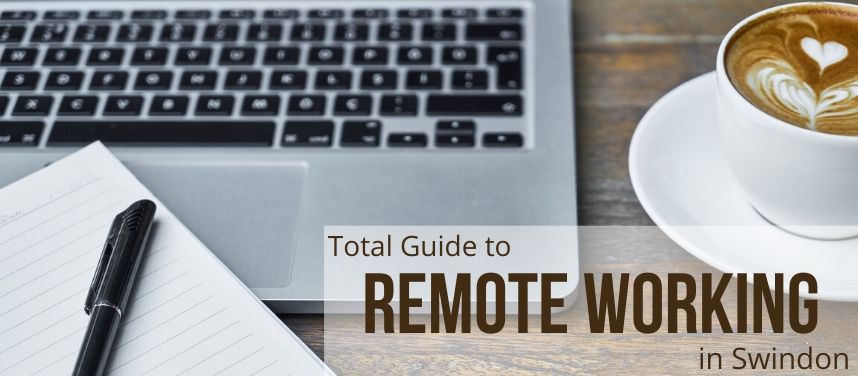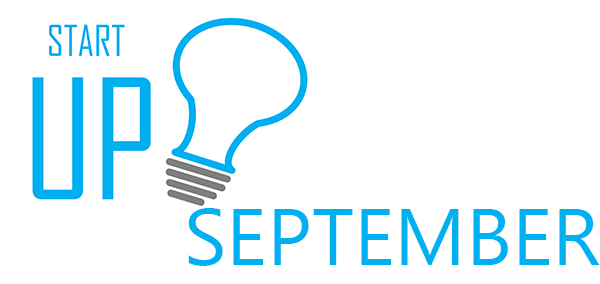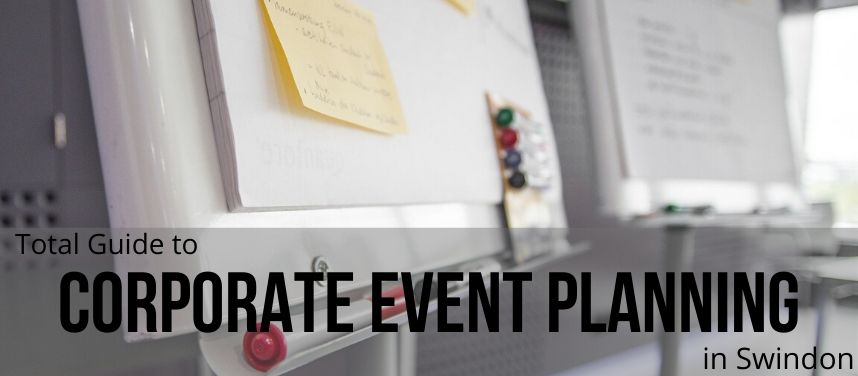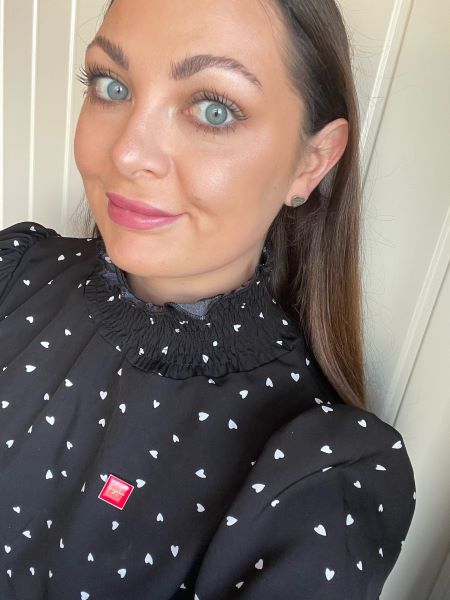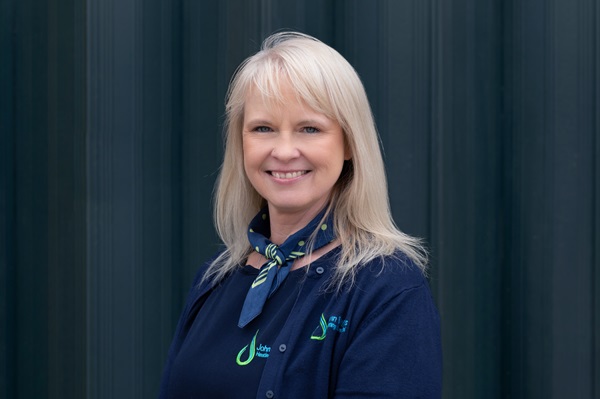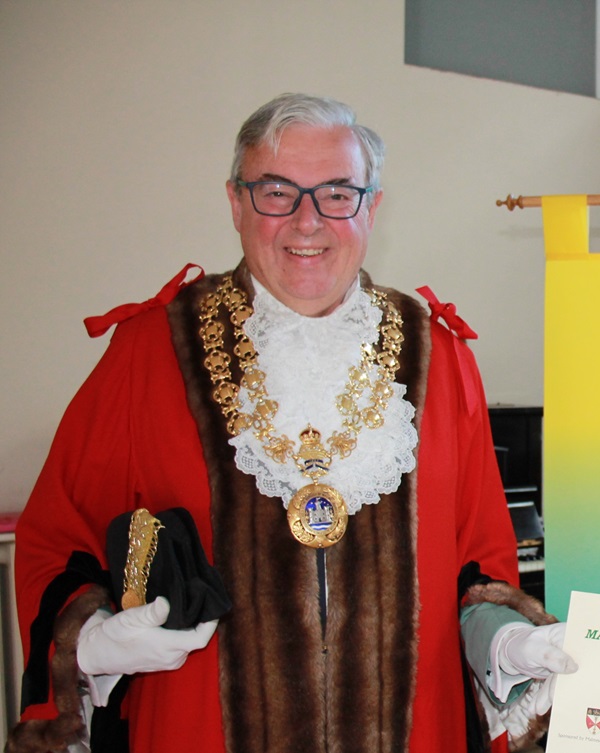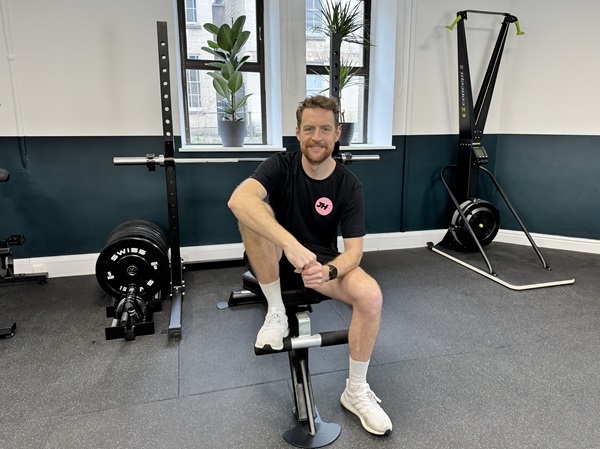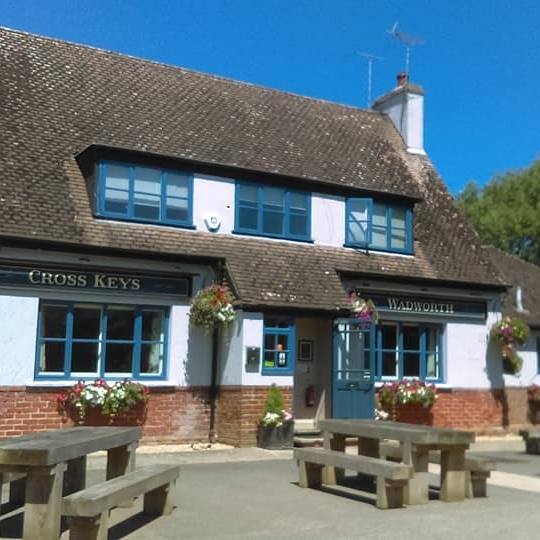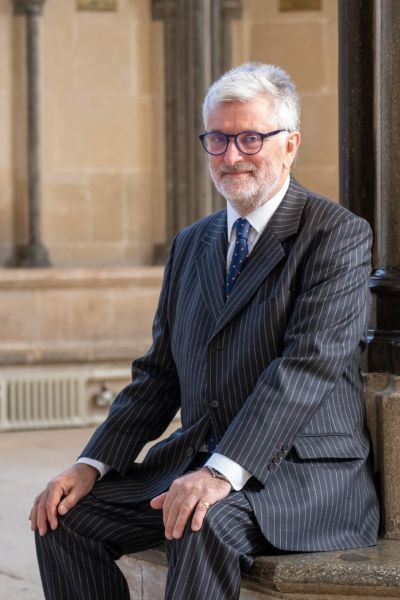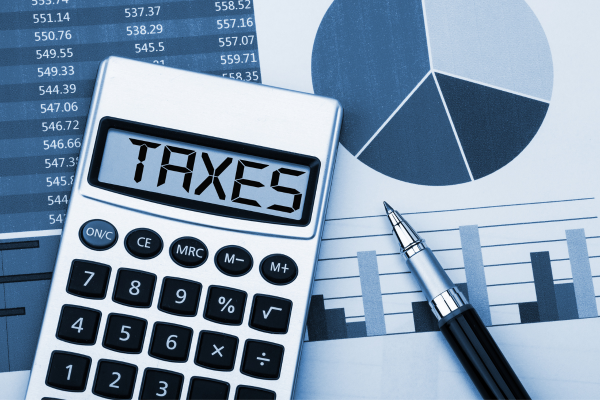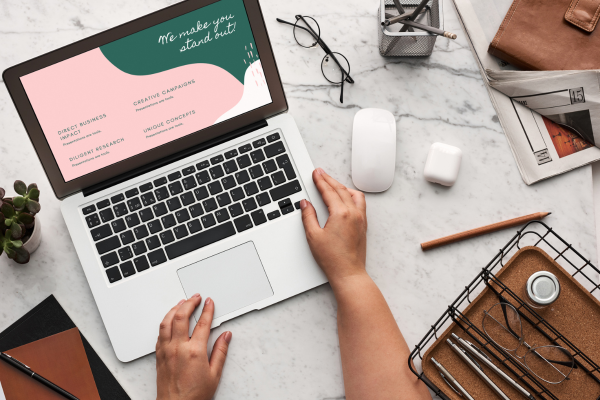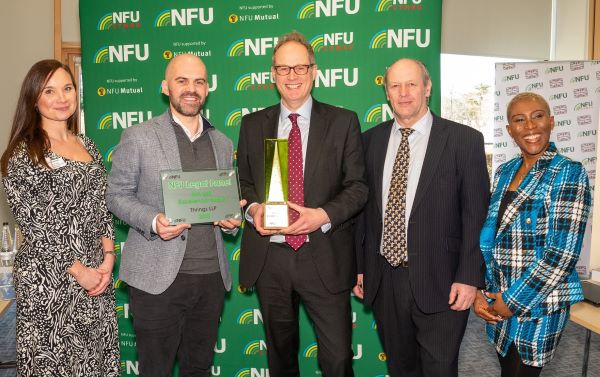Personal tax: who pays it and what to set aside
Personal tax affects everybody who is earning over their personal, tax-free allowance. Those who are employed pay tax on a PAYE (pay as you go) basis and the tax is automatically deducted from their wages.
However, others, like the self-employed, company directors or those employed but with other sources of income such as rentals, pay tax via the self-assessment system. Each tax year ends on April 5th and those in self-assessment have from then until January 31st to file their tax return for that year, and to pay any tax owing.
Here’s a quick guide to self-assessment and our advice on how to navigate the system.
When should I complete my tax return?
Although the deadline for filing is January 31st, it is strongly advisable to file your tax return as soon as you can, after the tax year ends. You will invariably have to wait for some documentation – such as your P60 end of year tax information – but the sooner you file your tax return the better, because then you know what your tax liability is.
What is payment on account?
If you are self-employed, you pay tax twice a year – January 31st and July 31st. The January 31st payment comprises the settlement for one year and the first ‘payment on account’ towards the following year’s tax liability. The July 31st payment is the second payment on account.
It is especially important to get your return in early if your income takes a dip. This is because your tax payment on account is based on the previous year’s earnings.
If you complete your tax return ahead of July, then you can ask HMRC to reduce the payment on account to reflect your drop in earnings.
But beware. If you reduce the payment, and you pay too little, you may incur interest on the tax owing.
How much should you put aside for tax?
Some people put away a percentage of their income as it comes in. You can use a bank account with the facility to help you pre-save, so the money to put aside for tax is syphoned off straight away.
However, the amount you need to put away varies from person to person. For example, it will be different whether you are a basic or a higher rate tax payer. It also differs between different types of income.
Employment income and rental income will be taxed at 20 per cent for a basic rate taxpayer (40 per cent for a higher rate taxpayer). Dividend income is taxed at 8.75 per cent basic rate (33.75 per cent for higher rate). You may also need to put away money to pay off a student loan.
What else is there to consider?
One thing to think about is Child Benefit. Once you start earning over £50,000 annually, you start paying back Child Benefit. Once your income reaches £60,000, you need to pay back your entire Child Benefit entitlement.
Self-assessment and PAYE
If you are in paid employment and pay your tax on a PAYE basis, do not assume you won’t get drawn into the self-assessment system.
Looking again at Child Benefit: if your income goes over £50,000 but you receive Child Benefit, you may well be asked to complete a self-assessment form and repay the tax owing through the self-assessment system.
Similarly, if you are sitting on a lot of savings, you may need to complete a tax return.
The best solution in all instances is to seek advice from an accountant. You may be happy to complete a return yourself, but your accountant can give you peace of mind by checking it over to ensure you have completed it properly.
How can your accountant help?
You can ask your accountant to help forecast what your tax is going to be and then you can set aside money in order to pay.
What if your tax return is late?
If you miss the January 31st deadline you will incur a £100 fine. However, make every effort to get the return in by the end of February, because once you are into March, you also pay a percentage penalty on any tax owing.
If you are struggling to pay, then speak to HMRC and organise a ‘time to pay’ arrangement, again by the end of February. You will still pay interest on tax owing but you avoid the late payment penalty.
Our strongest advice is to forecast what your tax liability will be, save monthly and engage the services of an accountant.
If you would like help or advice with any tax matters, or with your self-assessment, do get in touch with Account Director at Optimum Professional Services, Michael Blaken. Email [email protected].
Check out Optimum Professional Services here.




